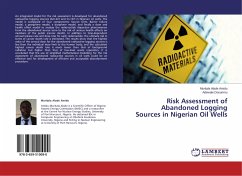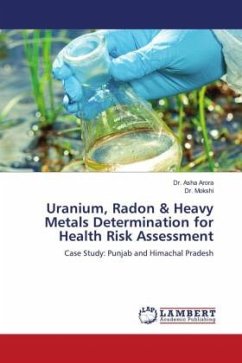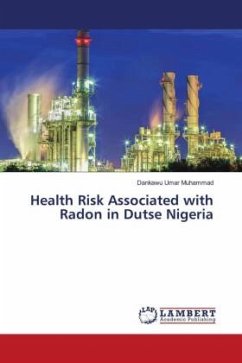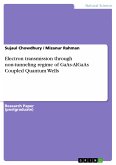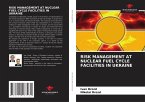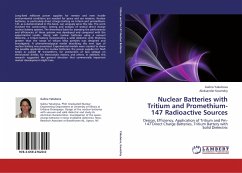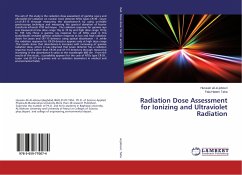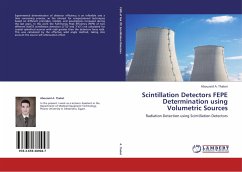An integrated model for the risk assessment is developed for abandoned radioactive logging sources (Am-241 and Cs-137) in Nigerian oil wells. The model is composed of four components: Source term, Barrier failure model, a geosphere model, a biosphere model, and finally a dose and health effect model to analyse the radionuclide dispersion phenomenon from the abandoned source term to the risk of serious health effects on members of the public (cancer death). In addition to time-dependent annual release rate and dose rate for each radionuclide, the ultimate risk in terms of cancer death rate is estimated. The results show that the highest value of the annual dose for the abandoned radioactive logging sources is less than the individual dose limit to the human body, and the calculated highest cancer death rate is much lower than that of background radiation but higher than that of low-level waste repository. It is concluded that the use of simplified mathematical modelling for the risk assessment of abandoned radioactive sources in oil wells could be an effective tool for development of efficient and acceptable abandonment procedure.
Bitte wählen Sie Ihr Anliegen aus.
Rechnungen
Retourenschein anfordern
Bestellstatus
Storno

